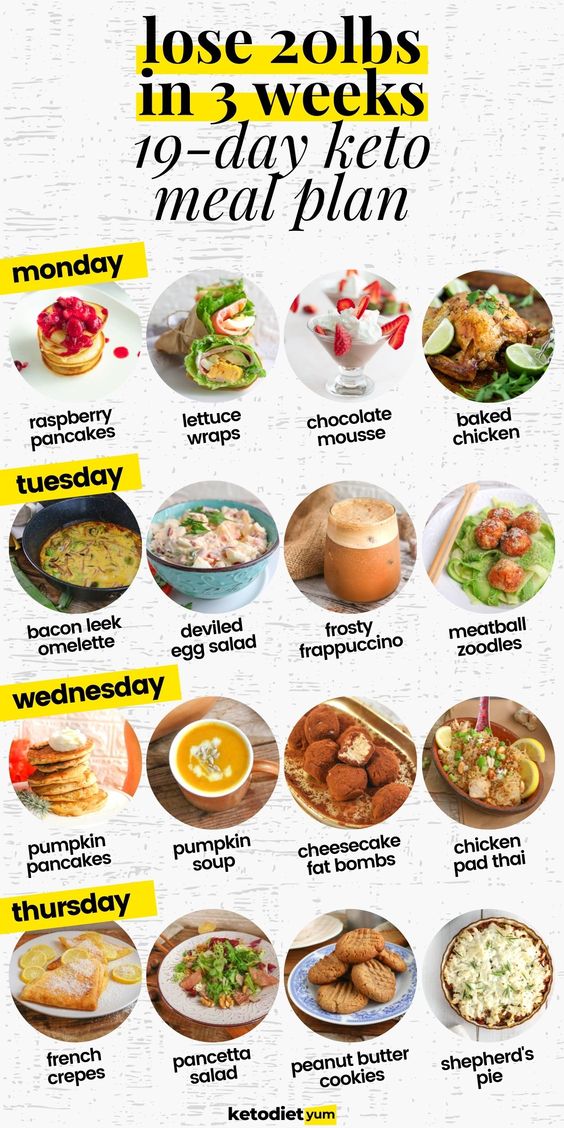What to Eat Daily on the Keto Diet
When it comes to eating a healthy diet on a ketogenic diet, some foods are better than others. In addition to vegetables, you can eat meat and dairy products, too. Typically, you can get by with 15% of your daily calories from high-fat protein. Meats such as chicken and fish are okay, but they should be eaten in moderation. While most meats on the keto diet are high in fat and sodium, you can choose organic, pasture-raised meat.
When it comes to vegetables, there are several things you should be eating every day to keep yourself fueled on the diet. You can start by eating more non-starchy veggies, such as spinach, broccoli, asparagus, and peppers. These vegetables are low in carbohydrates, but they are still loaded with fiber and vitamins. If you’re looking for some more spice, you can eat peppers. While most berries are acceptable for the diet, some are naturally keto-friendly. Blackberries, raspberries, and strawberries are excellent options. They are also high in fiber and can be sprinkled into low-carb desserts.
Vegetables can be a difficult part of the keto diet, but you shouldn’t completely ignore them. You can enjoy a variety of fruits and vegetables, such as grapefruit, cucumbers, and cauliflower. They have very low carbs, making them ideal for keto dieters. Some foods that aren’t allowed on the keto diet include sugary foods and drinks. Some of the worst culprits are sugary, processed snacks, and processed foods.
Planning your meals is essential when you’re on a keto diet, and it will help you to stick to the macronutrient ratios, achieve fiber goals, and stay away from hunger. Consult your dietitian or doctor to make sure you’re not missing any vital nutrients. The keto diet will require a lot of research and planning, so make sure you’re aware of what to eat daily on the keto diet and what foods to avoid.
Healthy fats are also beneficial, especially if you’re following the keto diet. These fats come from nuts, avocados, and fatty fish. We’ve been programmed to fear fat, but this isn’t true. Fats, in the right form, are good for us. Just remember to keep them in moderation. And don’t forget to include a variety of protein-rich foods in your daily diet.
When it comes to beverages, you can try black coffee and herbal tea. These drinks are free of sugar, and they are high in antioxidants. A recent Planta Medica review suggests that drinking coffee and tea can prevent the onset of type 2 diabetes, which is often treated with the keto diet. Aside from tea and coffee, you can drink sparkling mineral water. These beverages are both calorie and carb-free.
As previously mentioned, carbohydrates are limited to about five to ten percent of your daily caloric intake. This means that you should aim for less than 50 grams of carbs per day. You should also focus on building your meals around high-protein food, such as eggs, fish, and chicken. Studies have shown that protein helps with feelings of satiety. The keto diet can help you lose weight and gain muscle mass, and there’s no reason why you shouldn’t be following it.
The best way to decide how much fat you want to eat each day is to test your ketones with a blood glucose meter. Also, try flavored water, as it has low carb content. Fruit juices are high in sugar and can be difficult to meet your daily carbohydrate requirements. Try vegetable-based juice instead, since it might fit into your daily carbohydrate allowance and provide you with a boost of fiber and vitamins.
The keto diet requires high amounts of fat, so you should choose foods rich in healthy fats. However, it is important to remember that saturated fat is high in bad cholesterol and increases your risk of heart disease and Type 2 diabetes. This type of fat is best avoided when you are limiting your carbohydrates. If you aren’t consuming enough of these fats, you may find yourself deficient in vitamins. So, be sure to take supplements if you’re concerned about your level of vitamins or minerals.
Another way to limit your carb intake is to limit your intake of sugar and starches. Eating too much of these foods can negatively impact weight loss and make you crave carbs. To prevent this problem, you should add a little extra salt to your food. This will prevent cravings and ensure that you’re not deprived of essential nutrients. A few pinches of salt per day will help. You may also want to consider incorporating more vegetables and fruit into your diet.



